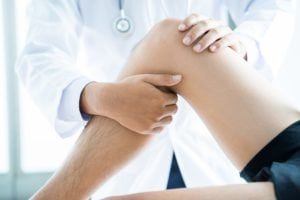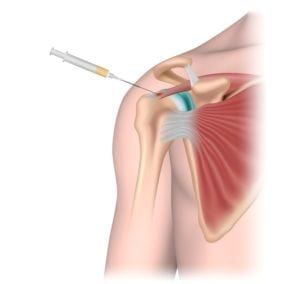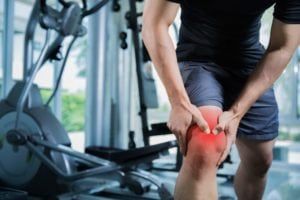Massage is an alternative therapy that uses non-invasive techniques to manipulate the body’s muscles and connective tissues. There are approximately 100 different types of massage to choose from though some versions like Swedish massage, sports massage and reflexology are used more frequently than others. Although each massage has different objectives, there are techniques available to aid in the relief of symptoms associated with certain diseases and conditions, such as back pain, neck pain, arthritis, headaches, and fibromyalgia.
Did you know…
that massage has been used for thousands of years in cultures all over the world? In fact, it is believed to be the oldest form of therapy used on the human body. Today, many Westerners engage in massage today as a way to relax, but health care providers also frequently prescribe massage as a sole or supplemental therapy for patients. A consumer survey of the American Massage Therapy Association revealed that 18 percent of American adults on average get a massage at least once per year.
Frequently Asked Questions
Could I benefit from getting regular massages?
Probably. Everyone experiences muscle tension and stress from time to time. Massage can help alleviate those symptoms, facilitating better health and wellness. If you are undergoing treatment or therapy for a musculoskeletal condition, massage may also help expedite your treatments, minimize pain, and improve your outcome.
What should I expect during a massage?
Your experience will vary according to the type of massage you are getting and the therapist administering the massage. During Swedish massage, which is most popular in Western culture, you’ll be ushered into a room with a massage table in it. Your masseuse may turn on soothing music or offer other elements designed to help you relax. You may also be instructed to undress and lie under a sheet on the massage table.
During the massage, your therapist will administer pressure to your muscles in fluid motion, taking time to work out knots and tension. Massages differ in terms of how they are given, with some including the use of aromatherapy, hot stones, or other components designed to improve your experience. Your massage may also include specialized techniques, such as a deep tissue massage or pregnancy massage. At the conclusion, your masseuse will step out of the room while you dress, and you’ll be instructed to drink plenty of water for the remainder of the day to flush out the toxins released from your muscles during the massage.
Is there anything I should know before getting a massage?
Massage may not be right for everyone. If you have any type of skin inflammation or certain injuries such as a slipped disc, massage could worsen your condition. You should also be cautious about massage if you have been diagnosed with cancer, as massage stimulates the flow of lymph and could spread cancer cells. If you are concerned about the safety of massage for you, speak with your health care provider first.











